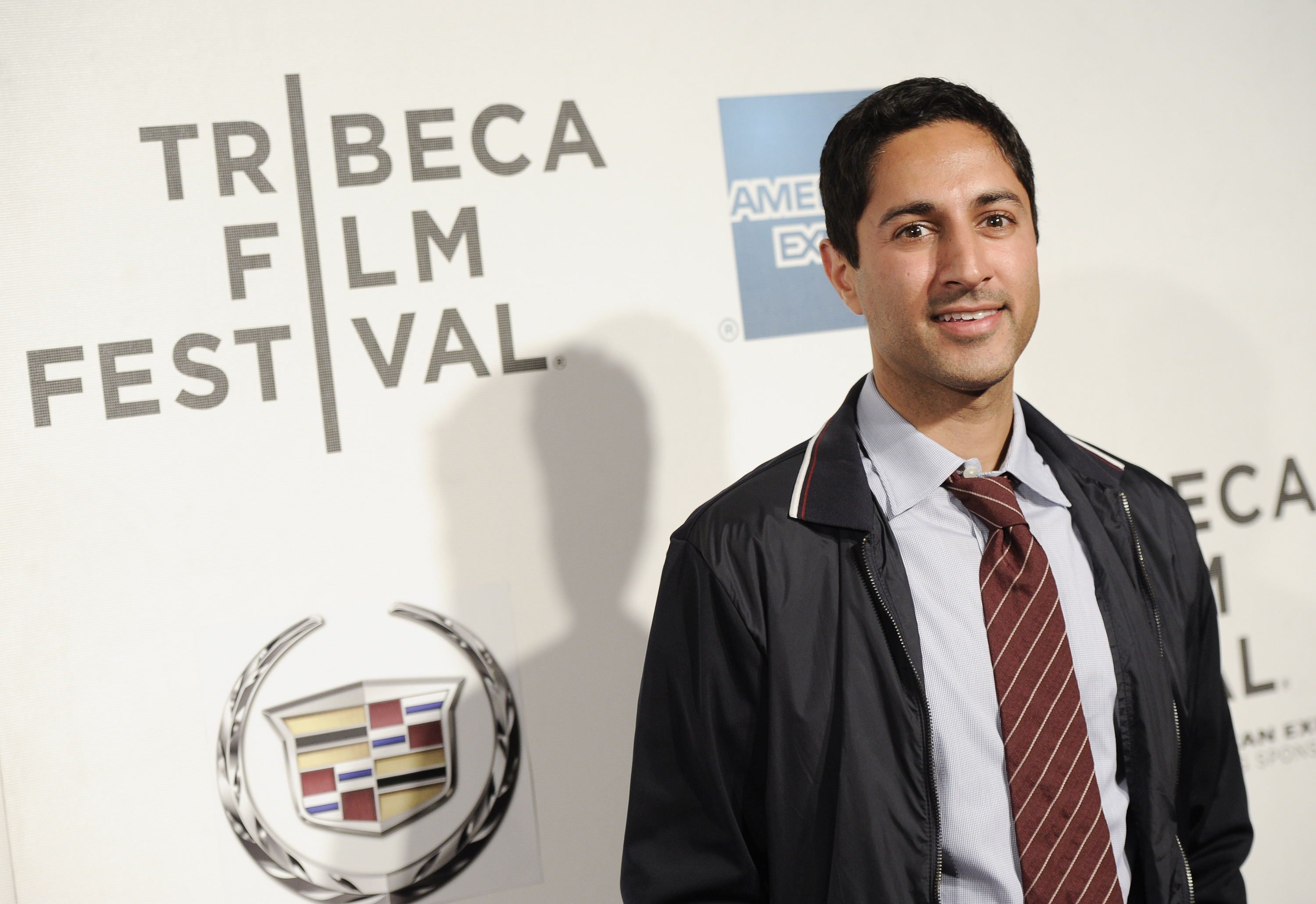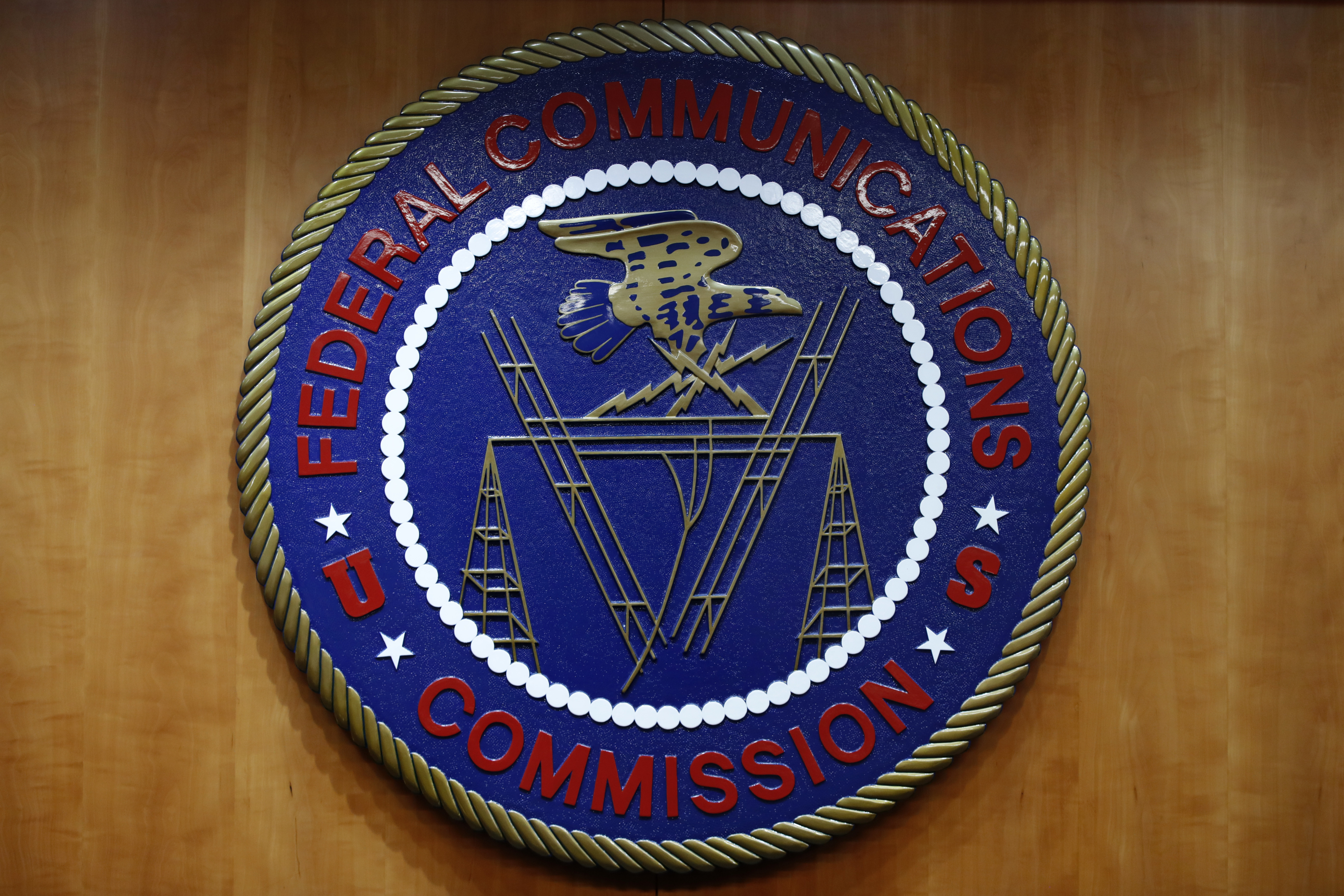A federal judge on Friday said he won't dismiss a lawsuit against two Washington state psychologists who helped design the CIA's harsh interrogation techniques in the war on terror. The decision means a continuation of the closely-watched case that will likely include secret information.
The American Civil Liberties Union sued James E. Mitchell and John "Bruce" Jessen last October on behalf of three former CIA prisoners. The suit said that the psychologists, despite having no expertise on al-Qaida, devised an interrogation program for the CIA that drew from 1960s experiments involving dogs and a theory called "learned helplessness."
The lawsuit accused the two former Air Force psychologists, who worked as independent contractors for the CIA, of endorsing and teaching torture tactics under the guise of science.
"The defendants committed war crimes," said Dror Ladin, an attorney for the ACLU. "This case is about the treatment of prisoners."
But defense attorney James Smith said his clients simply designed a program and were not involved in carrying it out.
"The government controlled every facet of the decision-making process," Smith said, adding his clients "did not decide who was dealt with or how."
But Judge Justin Quackenbush in Spokane said the lawsuit alleged that the defendants aided and abetted the enhanced interrogation program, and that he would allow the suit to move forward.
U.S. & World
The judge also gave the parties 30 days to offer plans on how they will deal with secret material during the information-sharing stage known as discovery.
The interrogation program designed by the two has since been discontinued and widely discredited.
The ACLU sued the psychologists on behalf of three former CIA prisoners. One, Gul Rahman, was alleged to have been interrogated at a CIA-run prison in Afghanistan known as "the Salt Pit," and subjected to isolation, darkness and extreme cold water, and was later found dead of hypothermia.
The other two, Suleiman Abdullah Salim and Mohamed Ahmed Ben Soud, were held in CIA prisons but never charged with crimes and are now free.
The case is expected to involve secret information as it moves forward, and a system must be devised to protect that secrecy. Those procedures could include having Justice Department lawyers in the room during depositions, or being given the opportunity to review disclosures by the defendants about the interrogation program.
Earlier, the Justice Department signaled that it wouldn't try to block the lawsuit. Experts called the government's stance unprecedented, but also a recognition that a once-secret program is now largely out in the open.
Although the Justice Department isn't part of the case, it submitted a filing ahead of Friday's hearing saying that it wanted to ensure that certain classified information — such as identities of interrogators and locations of detention sites — remains private as the suit moves forward.
In the past, the Justice Department has successfully fended off multiple lawsuits by invoking the state secrets privilege.
The veil of secrecy surrounding CIA interrogations was pierced by the 2014 release of the executive summary of a scathing Senate report on the program. That report said the interrogation techniques — including sleep deprivation, waterboarding and beatings — had inflicted pain on al-Qaida prisoners far beyond the legal limits and did not yield lifesaving intelligence.
Mitchell and Jessen designed the torture methods and performed illegal human experiments on CIA prisoners to test the program and took part in torture sessions, the ACLU has said.
Torture methods they devised included slamming prisoners into walls, stuffing them inside coffin-like boxes, exposing them to extreme temperatures and ear-splitting levels of music, starving them, inflicting various kinds of water torture, depriving them of sleep for days, and chaining them in stress positions designed for pain, the ACLU has said.
The two psychologists in 2005 founded a Spokane-based company — Mitchell, Jessen & Associates — that won a contract with the CIA. According to the Senate report, the government paid the company $81 million over several years
The plaintiffs are suing under the Alien Tort Statute — which allows federal lawsuits for gross human rights violations — for their commission of torture; cruel, inhuman, and degrading treatment; non-consensual human experimentation; and war crimes.



